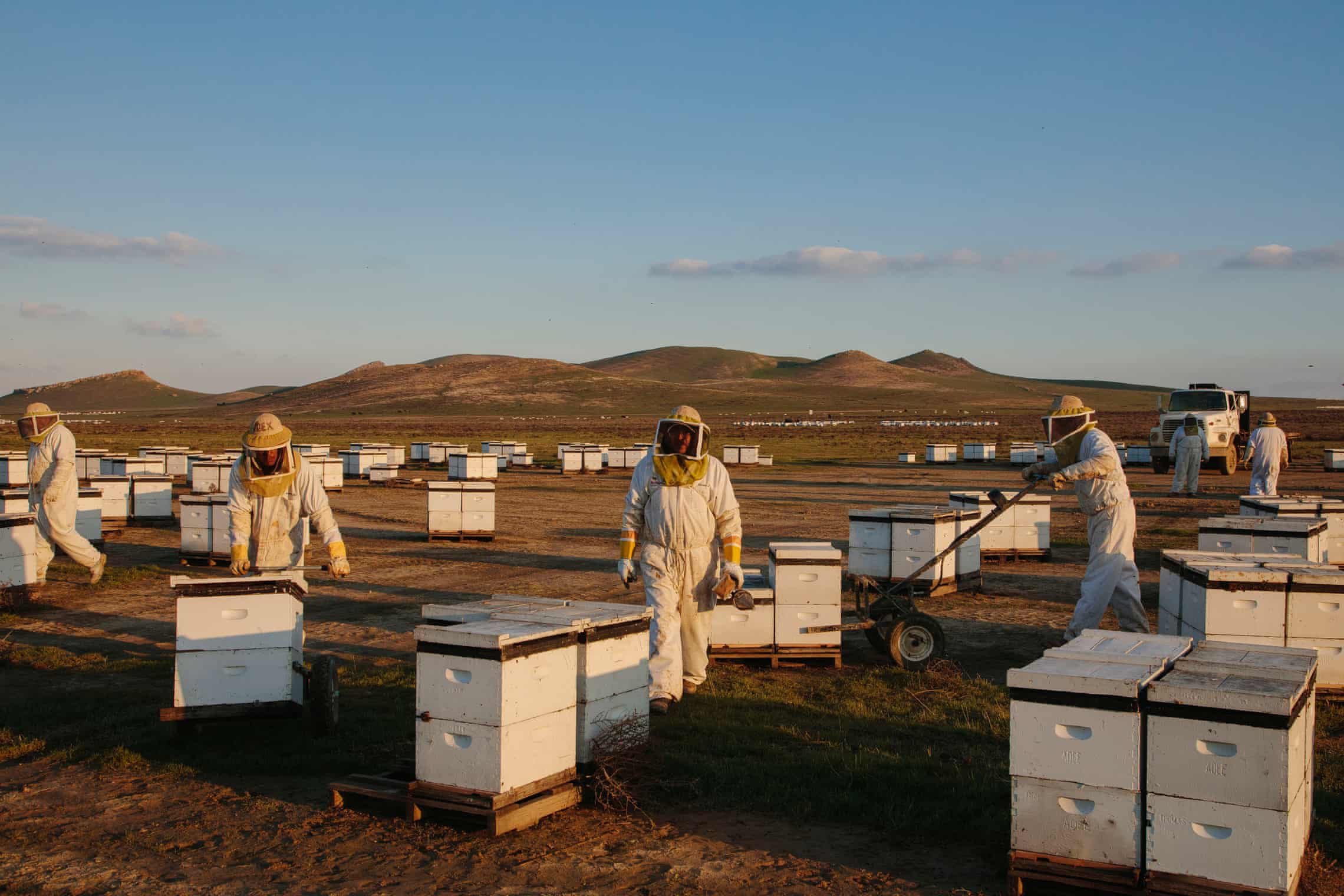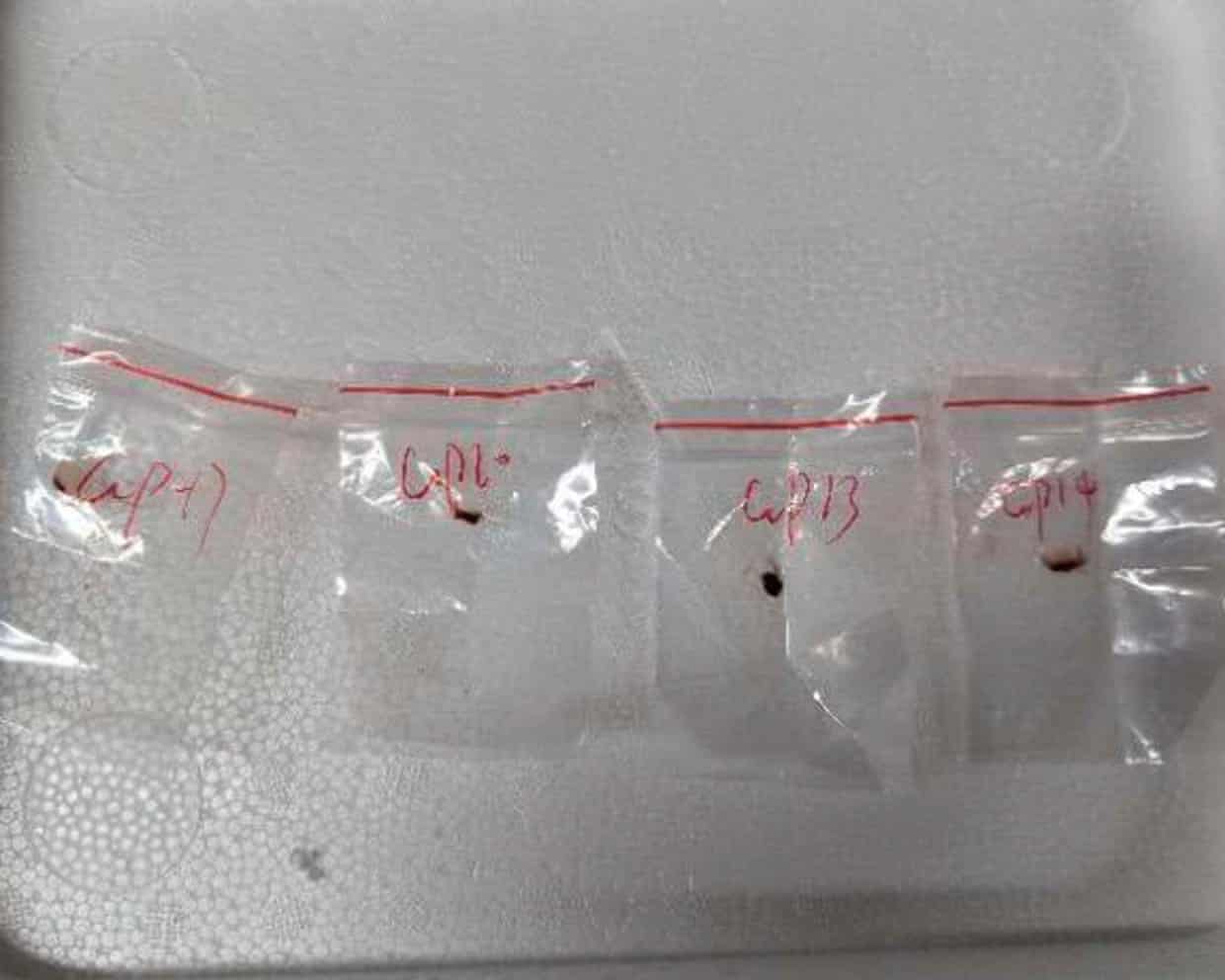 She navigated segregation to become an esteemed mathematician — and today, her work helps billions of people navigate the world.
She navigated segregation to become an esteemed mathematician — and today, her work helps billions of people navigate the world.
Gladys West, whose pioneering career contributed key elements to what became the GPS satellite system and was later acknowledged as a "hidden figure" of GPS, died Saturday at age 95.
West "passed peacefully alongside her family and friends and is now in heaven with her loved ones," her family said as they announced her death.
West is credited with astounding accomplishments in mathematics, playing pivotal roles in charting orbital trajectories and creating accurate mathematical models of the Earth's shape that would eventually be used by the GPS satellite orbit.
But, as West admitted to member station VPM in 2020, she did not really rely on the groundbreaking system she helped create.

 Science Glance
Science Glance Scientists may have discovered an explanation for a cosmic mystery uncovered by the James Webb Space Telescope several years ago: the origin of "little red dots" scattered across the cosmos.
Scientists may have discovered an explanation for a cosmic mystery uncovered by the James Webb Space Telescope several years ago: the origin of "little red dots" scattered across the cosmos. NASA is cutting short a mission at the International Space Station due to a medical issue with a crew member. The agency is planning to return all four members of the Crew-11 mission more than a month early. NASA administrator Jared Isaacman said the crew would return to Earth "in the coming days."
NASA is cutting short a mission at the International Space Station due to a medical issue with a crew member. The agency is planning to return all four members of the Crew-11 mission more than a month early. NASA administrator Jared Isaacman said the crew would return to Earth "in the coming days." Bret Adee is one of the largest beekeepers in the US, with 2 billion bees across 55,000 hives. The business has been in his family since the 1930s, and sends truckloads of bees across the country from South Dakota, pollinating crops such as almonds, onions, watermelons and cucumbers.
Bret Adee is one of the largest beekeepers in the US, with 2 billion bees across 55,000 hives. The business has been in his family since the 1930s, and sends truckloads of bees across the country from South Dakota, pollinating crops such as almonds, onions, watermelons and cucumbers.
 L
L






























